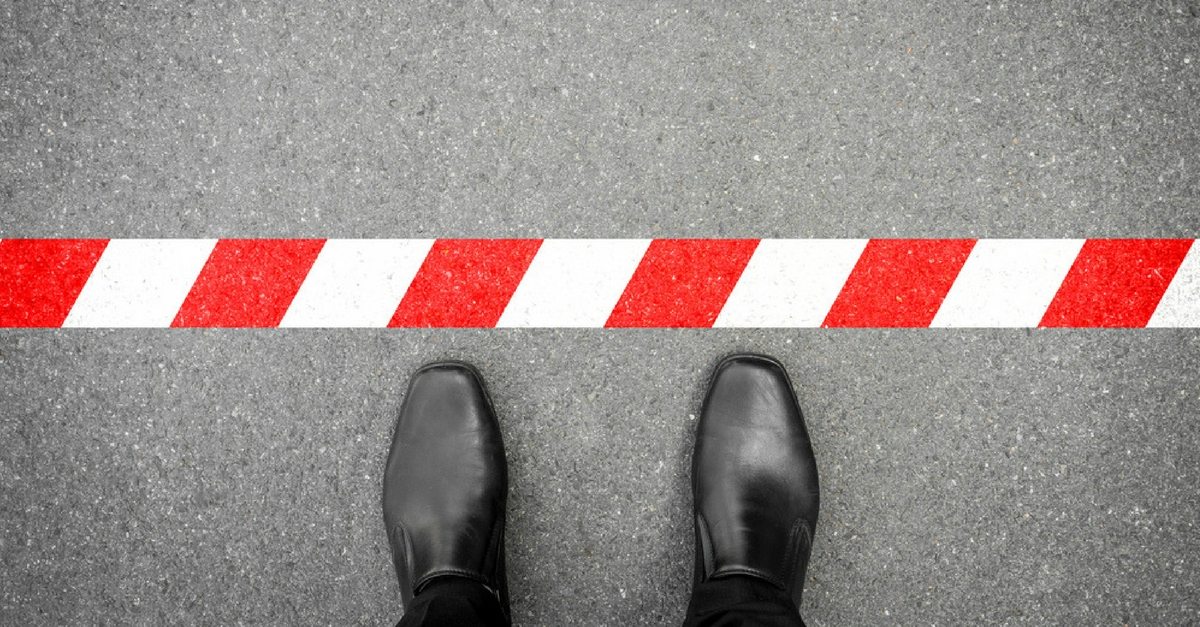
Bankruptcy is a legal process that acts to clear debts that are owed to unsecured creditors. However, filing for bankruptcy doesn’t necessarily mean that you will emerge debt free after the process is completed. There are some debts which you cannot include in a bankruptcy. Thus, even after your bankruptcy is complete and you receive your discharge from bankruptcy, certain debts will still require repayment. Here are the 5 most common of these debts:
- Child support is not a debt that can be included in a bankruptcy. If you have been ordered by a court to pay child support, bankruptcy will not affect this arrangement. You will be required to continue to make payments.
- Alimony is also excluded. Similar to child support, alimony or spousal support is not discharged in bankruptcy. Even after completion of your bankruptcy, you are not released from spousal support duties. Also, both child support and alimony payments are not subject to stays or suspension, so whatever payment arrangements you have will remain the same, even during your bankruptcy.
- Debt related to fraud or misrepresentation is not dischargeable by bankruptcy. Any debts accumulated as a result of fraud will not be discharged through bankruptcy. For example, if prior to your bankruptcy you begin racking up expensive charges on your credit cards (with no intention of paying this debt back), your creditors can apply to have this debt excluded from your bankruptcy discharge. Creditors are within their rights to object to your discharge due to unusual or excessive transactions prior to bankruptcy, which could affect the length of your bankruptcy or require you to make additional payments.
- Court-imposed fines and parking tickets are not discharged by bankruptcy. If you have been fined in a court of law, you will have to pay the fine regardless of your bankruptcy.
- Student loans less than 7 years old are not automatically discharged in bankruptcy. To be included, your student loans must be over 7 years old. If you have a student loan that is more recent than this, the debt will still be yours to repay even after completion of the bankruptcy process. There are alternative solutions that are better-suited to handling the elimination of student debts.
While these debts cannot be included in a bankruptcy discharge, the other debts that are eliminated via bankruptcy can help make it easier to service them. There also are a number ways to avoid bankruptcy including a consumer proposal that may prove to be the better solution given your particular situation.
Need help with debt? Call us at 1-866-747-0660 for a free consultation where we explain all your debt relief options.





